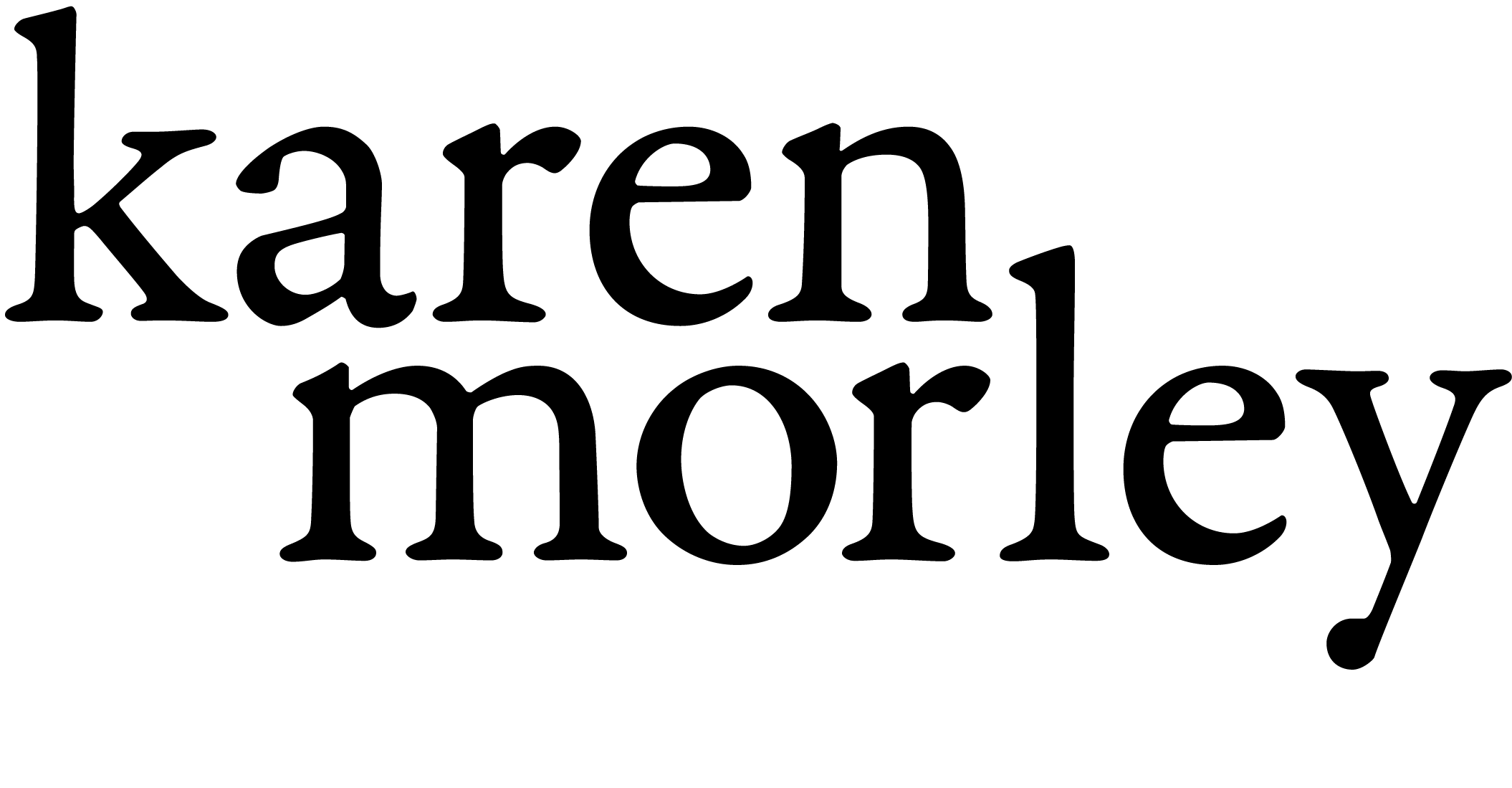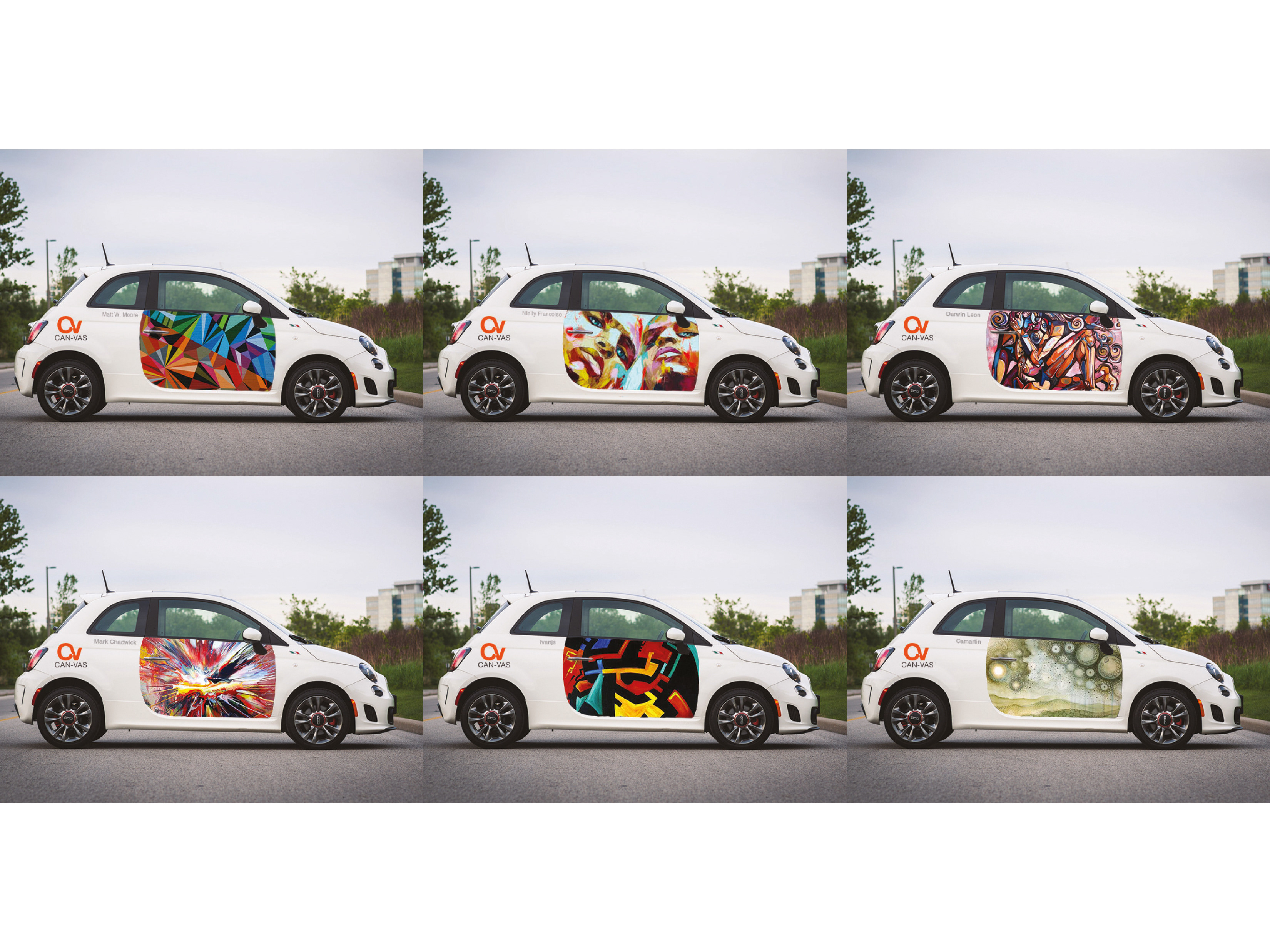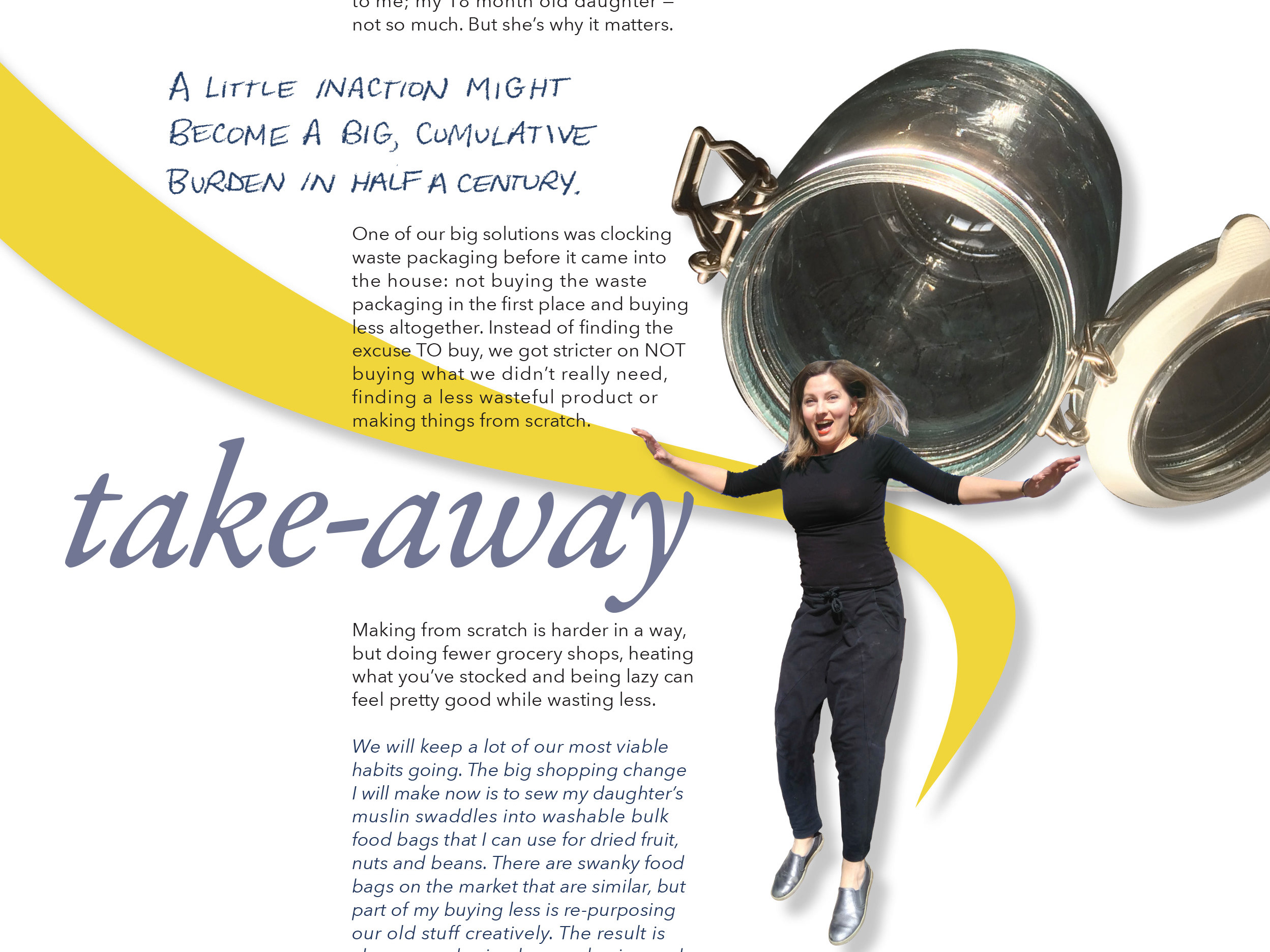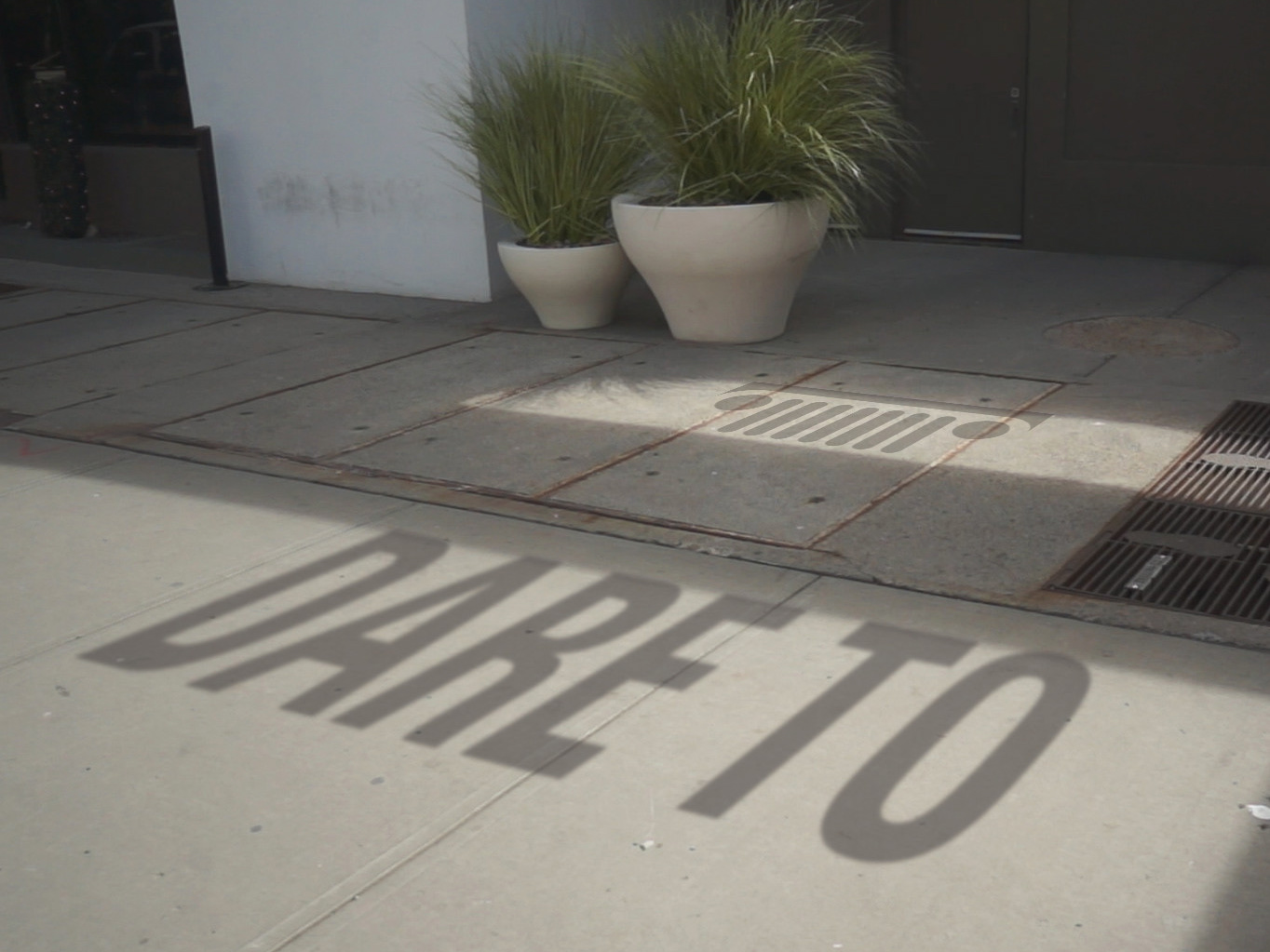CLIENT
Viable Magazine, the new non-preachy, kinda cheeky sustainability magazine. Viable aims to snub the anxiety around a range of sustainability solutions that regular, socially-conscious urbanites can try out and feel better about. A feature was needed for the “Garbage Issue” to demonstrate solutions the average city-dweller can attempt and present the reality of how well they work.
ARTICLE CONCEPT
We can all take small, sometimes stumbling steps to reduce our waste and live more sustainably. But it’s a bit of a roller-coaster and some frank sharing of my highs and lows can give more people access to what works for my household, what doesn’t and what level of effort is realistic in proportion to the relative environmental benefits of some of these little choices. Let me dump out my garbage jar for you and let you know how it was spending time with my kid’s cloth diapers and only package-free vegetables.
BACKSTORY
I did 12 laundry loads of my daughter’s washable diapers over the month that I wrote this feature (roughly 3 loads per week). I also got junk food deprivation because its packaging would have pushed me way further over the volume of the jar. Whelp!
Some sustainability fads can look pretty impractical. I’ve heard of reducing a year’s worth of garbage into a mason jar, which seems far-fetched. I’ll be gentle on myself. I’ll try for a month’s waste in a mason jar.
Background
I am in my 30s. I have a husband and an 18-month-old daughter. I am finishing a degree and working part time. I have done light reading on household waste reduction and people who have reduced their total annual garbage to fit into one mason jar, but I’m ignorant of the rules and struggles, except that surviving the challenge seems to award a license to be smug.
I am in my 30s. I have a husband and an 18-month-old daughter. I am finishing a degree and working part time. I have done light reading on household waste reduction and people who have reduced their total annual garbage to fit into one mason jar, but I’m ignorant of the rules and struggles, except that surviving the challenge seems to award a license to be smug.
The mason jar challenge is an effort to fit a year’s worth of household refuse into a single mason jar. One of the trailblazing personalities in this movement is Bea Johnson. She started blogging zerowastehome.com, which grew in popularity and was published as the Zero Waste Home book. Many other zero waste advocates have adapted their own personalized zero waste approaches. These next waves of zero wasters are influencing others yet. Each new advocate brings new ways to turn seeming hurdles into very worthy and doable triumphs.
The mason jar challenge has generally been a measure of a year’s accumulation of garbage and doesn’t forgive plastics (and other items) that one might put in their recycling. To make a feasible starting point, my family is allowing our regular recyclables and we are giving ourselves that whole mason jar allowance for one mere month.
My Household’s Baseline Waste
Our household has made some initial efforts into waste reduction. We recycle according to City of Calgary guidelines. We keep food containers that can be reused for freezing batch-cooked meals. We have a dozen well-used cloth bags rather than single use plastic for going shopping. We also use cloth diapers for our 18-month-old daughter. We are not necessarily consistent with our array of strategies. When we are busy, we forget or our efforts slip. We average around one sparsely-filled 30L bag of garbage every two weeks and about the same for our recycling bag.
Like many people, I suspect we are quite complacent about the waste we are creating, but when I do the math, even our strong weekly efforts must be amounting to about 780L of garbage and 780L of recycling each year!
I have lived most of my life accepting these quantities as a normal relationship with refuse, but the environmentalist and survivalist in me is saying, “Stop. Think about this. What are you doing? Is there another way?”
And that is what my experiment this month is all about. I will try to impose some very reasonable-sounding restrictions on myself and my family. These restrictions (a whole mason jar!?) seem generous now, but after doing the math on our baseline garbage accumulation, I expect I’ll be feeling pretty incapable pretty soon. But if I don’t push myself to change, who will? And if we don’t collectively act soon, who will? And what will be the consequences of our inaction?
week 1
FEB 01
Sort of an easy start. I worked from home, so minimized risks of disposables and food on the go, and still got caught with a styrofoam meat tray and plastic wrap for preparing dinner - yikes!
FEB 01
Sort of an easy start. I worked from home, so minimized risks of disposables and food on the go, and still got caught with a styrofoam meat tray and plastic wrap for preparing dinner - yikes!
FEB 02
Garbage temptations still lurk. I would normally put paper towel from scooping up my daughter’s food messes straight in the compost, or so I thought... I am catching myself going for the garbage and re-routing back to the compost bin. More to the point, I probably shouldn't be using paper towel so much as real towels and cloths.
Garbage temptations still lurk. I would normally put paper towel from scooping up my daughter’s food messes straight in the compost, or so I thought... I am catching myself going for the garbage and re-routing back to the compost bin. More to the point, I probably shouldn't be using paper towel so much as real towels and cloths.
FEB 03
I call myself out by buying some green tea chocolate bars, then decide maybe I’ll just avoid starting them until March. This is tricky business. Deferring garbage is becoming a flawed desperate thought.
I call myself out by buying some green tea chocolate bars, then decide maybe I’ll just avoid starting them until March. This is tricky business. Deferring garbage is becoming a flawed desperate thought.
week 2
FEB 10
We had a lot of social visits this weekend. We were hosted for a brunch with another family and then we attended a children’s birthday party in the afternoon. Sort of like a freebie or a gimmie, we easily circumvented waste in our own home, but obviously we may well have contributed to more waste in someone else’s.
FEB 11
I have a dilemma with styrofoam meat trays. We do eat meat more often than is currently being advised. On top of actual meat production being a higher carbon footprint, the packaging also falls into the naughty camp for waste. Our butcher will often wrap meats in brown waxed paper. Really, we should always just ask for this, but sometimes the pre-wrapped garlic sausage is just too tempting!
I have a dilemma with styrofoam meat trays. We do eat meat more often than is currently being advised. On top of actual meat production being a higher carbon footprint, the packaging also falls into the naughty camp for waste. Our butcher will often wrap meats in brown waxed paper. Really, we should always just ask for this, but sometimes the pre-wrapped garlic sausage is just too tempting!
FEB 13
How are we already near the top of our mason jar!? We will have to be really disciplined to get through the month.
How are we already near the top of our mason jar!? We will have to be really disciplined to get through the month.
week 3
FEB 14
This week everyone in our family had a short flu bug. Combined with -20C weather, we stayed in the house. I would have expected being sick would make our garbage just sky-rocket with tissues and all else. However, not leaving the house actually prevented us from bringing waste packages into the house. If I was well enough to go to the shop, I would have taken every excessively packaged convenience under the sun. As it was, I couldn't get past my front door to even try. Sort of a win?
FEB 14
This week everyone in our family had a short flu bug. Combined with -20C weather, we stayed in the house. I would have expected being sick would make our garbage just sky-rocket with tissues and all else. However, not leaving the house actually prevented us from bringing waste packages into the house. If I was well enough to go to the shop, I would have taken every excessively packaged convenience under the sun. As it was, I couldn't get past my front door to even try. Sort of a win?
FEB 21
Having friends over for dinner means possibly having to relax personal waste reduction standards. As it happens, the only additional garbage that came with our guests was a newborn’s diaper. How could we not forgive the little one in all his glorious cuteness? This is just another instance where social norms for garbage start to trump our household approach. Obviously we can’t force our friends to adopt all our personal life-choices. After all, I think we'd like to continue to have friends.
Having friends over for dinner means possibly having to relax personal waste reduction standards. As it happens, the only additional garbage that came with our guests was a newborn’s diaper. How could we not forgive the little one in all his glorious cuteness? This is just another instance where social norms for garbage start to trump our household approach. Obviously we can’t force our friends to adopt all our personal life-choices. After all, I think we'd like to continue to have friends.
week 4
FEB 22
A busy week of working as a substitute teacher means I don’t always have meals sorted and it would be so convenient to have pre-packaged snacks to bring with me, but seeing as I’m putting in the effort to be sustainable, I will reluctantly abstain from the plastic quick-fixes... at least for now. Tonight, we're off to Fernie for a weekend with friends. Some weekends away we switch to disposable diapers, but not this weekend. Hope our friends like the smell.
FEB 26
After a long weekend in Fernie, we only used one disposable diaper to add to our garbage total. Our minimal garbage for the weekend is probably slightly skewed because our friends cooked for us and that always has some behind-the-scenes packaging.
After a long weekend in Fernie, we only used one disposable diaper to add to our garbage total. Our minimal garbage for the weekend is probably slightly skewed because our friends cooked for us and that always has some behind-the-scenes packaging.
FEB 28
Still alive. Mason jar just full. So hard.
Still alive. Mason jar just full. So hard.
Challenges
We have certainly had some hurdles. One early culprit for us was our meat packaging. There is a culinary school where my husband works and they have a fantastic butchery program. We enjoy choosing from their selection of local products and supporting the students, but some of their meat is packaged in plastic wrap on styrofoam. Those packages instantly hit our mason jar allowance, hard.
We have certainly had some hurdles. One early culprit for us was our meat packaging. There is a culinary school where my husband works and they have a fantastic butchery program. We enjoy choosing from their selection of local products and supporting the students, but some of their meat is packaged in plastic wrap on styrofoam. Those packages instantly hit our mason jar allowance, hard.
What can be done? We need to opt for meats wrapped in butcher’s paper. We should also reduce the frequency that we have meat as our main meal. Studies are increasingly pointing to moderate reductions in meat as being better for nutritional health and lessening our carbon footprints. (Even if my dad doesn't want to believe it.)
Another big hurdle was biscuit wrap. My husband is a bigger sustainability advocate that me, but don’t you dare take his biscuits away! The brand he likes at the moment has plastic foil and plastic trays, which are not recyclable.
In this case, the lesson is probably for one of us to start making homemade cookies and freeze them in reusable containers. I'm loathe to take that one on myself as my quest to turn back the clock on waste accumulation is not a quest to turn back the clock on women’s roles. Maybe the hubby can wear that apron. Also, in our defense, we make the majority of our bread in our bread machine, so that alleviates some waste there.
The last and ickiest dilemma is the diaper dilemma. Fortunately, we have some great waste prevention with our use of cloth diapers (totally not for everyone - I get it!).
The odd two disposable diapers that hit our mason jar needed to be pried in to keep us on budget. I hate to say it, but a mason jar challenge wouldn’t be possible for those using disposable diapers without having a diaper composting and recycling program in their jurisdiction, unfortunately.
This month, I have been thinking of the tens of thousands of years that humans existed without accumulating today’s proportions of garbage. We owe many thanks to our technological advancements, not least for medicine and life expectancy, but our proliferation of garbage is almost unfathomably recent in human history - so shouldn’t we be able to shake it? Or in the least, tackle it better than I did?
Life Savers
There were some big life savers that actually made it possible to keep our household waste low this month. I do have to acknowledge that some of our biggest waste-savers were not over-night fixes, but habits we have set up over time. For example, we only threw out two disposable diapers because we already use cloth diapers almost exclusively. One diaper was from a friend's newborn when they came over for dinner and one was a diaper we used when we ran out of cloth over a weekend away. This is a long term strategy that we have adapted to our lifestyle.
Another long term strategy that we have made a habit of in our lives is to batch cook and freeze food in our used yogurt containers. Re-purposed containers won’t last indefinitely, so there will be some plastic waste, but we are increasing the span of their use and retrieving these meals from the freezer lessens the need to get ready-made and heavily packaged meals from the grocery store. Once again, this is something we have adapted to our lifestyle over time. It is not a quick fix.
Lastly, we were saved by predominantly buying raw fruits and vegetables at the grocery store because they require no real packaging.
Our approaches did involve time commitments and planning. It was not easy to establish these habits, but now that we do them, they feel quite easy to maintain. We reap financial benefits from using cloth diapers and our batch cooking has proved cheaper for us in the long run. Batch cooking has also kept us more aware of the nutritional aspects of the food we are eating. It is working for us at the moment, however, circumstances change and there may be times when these strategies become problematic, or maybe better solutions will become available to us and we will adopt them.
I am conscious of the moving goal posts in our efforts to keep our household waste down. It is unfortunate that so much of the burden continues to be shouldered largely by the consumer according to their own conscience, and without the leadership of government and industry. I for one, hope we soon reach a tipping point where public will prompts the seats of power to unite the individual efforts of the many into some really effective waste reduction.
The Take–Away
We ended up feeling frustrated about our waste. There are times when our efforts with waste feel straightforward and simple, but some days they are super hard and we don’t seem to have much to show for them.
We ended up feeling frustrated about our waste. There are times when our efforts with waste feel straightforward and simple, but some days they are super hard and we don’t seem to have much to show for them.
Yes, I could give up on certain efforts when I read that their impact isn’t huge, but I’d be leaving a legacy of inaction. That little inaction might become a big cumulative burden in half a century. I find myself increasingly uncomfortable with that. This month was a revelation to me; my 18 month old daughter - not so much. But she’s why it matters.
One of our big solutions was clocking waste packaging before it came into the house: not buying the waste packaging in the first place and buying less altogether. Instead of finding the excuse TO buy, we got stricter on NOT buying what we didn’t really need, finding a less wasteful product or making things from scratch.
Making from scratch is harder in a way, but doing fewer grocer shops, heating what you’ve stocked and being lazy can feel pretty good while wasting less.
We will keep a lot of our most viable habits going. The big shopping change I will make now is to sew my daughter’s muslin swaddles into washable bulk food bags that I can use for dried fruit, nuts and beans. There are swanky food bags on the market that are similar, but part of my buying less is re-purposing our old stuff creatively. The result is cheaper and using less packaging and energy all around. It is attractive to buy the next green thing, but I’m learning that sometimes I already have it. ■
NOW, MORE ON THE DESIGN AND LAYOUT LOGIC...
VISUAL CONCEPT
This month allowed for a pretty easy visual metaphor of me being trapped in a mason jar. The oversized jars are meant to feel a bit silly because it sometimes does feel quite silly bending over backwards to make the more environmentally sustainable lifestyle choice on principle over practicality; like when I refuse a plastic bag at the grocery shop even though I’ve forgotten my tote bag, and I desperately teeter my purchases in a bear hug and hope to make it to the car without breaking anything... or everything. The jumbo jars are my cartoon-ish adversaries.
The highs and lows of the month are tracked with a bright yellow spiraling graphic that is reminiscent of a yellow garbage bag tie; one that becomes exaggerated and may be seen as a tenuous path out of my month’s commitment or perhaps even a bright and promising yellow brick road to wisdom and realization. Masked cut-outs of our actual garbage and our best waste-minimizing solutions also scatter around the page in an arrangement that reflects the improvised journey to avoiding waste.
Hand-rendered type in dates, captions and call-outs signals my personal and humble investment into the process of this article and month-long endeavor. However, pristine Avenir and Garamond are the beacon of hope typefaces that keep together the thread of a precarious attempt to do environmental good.










